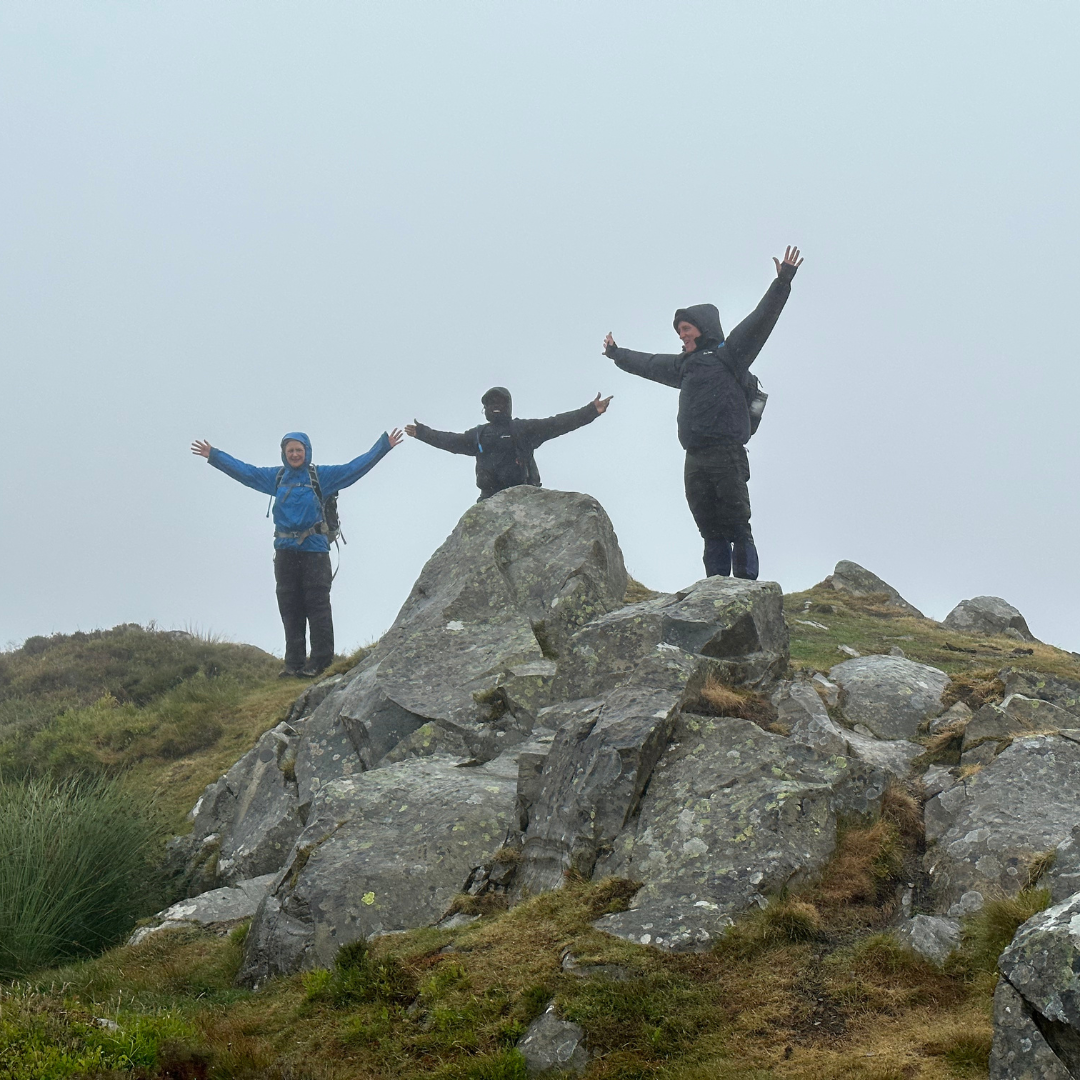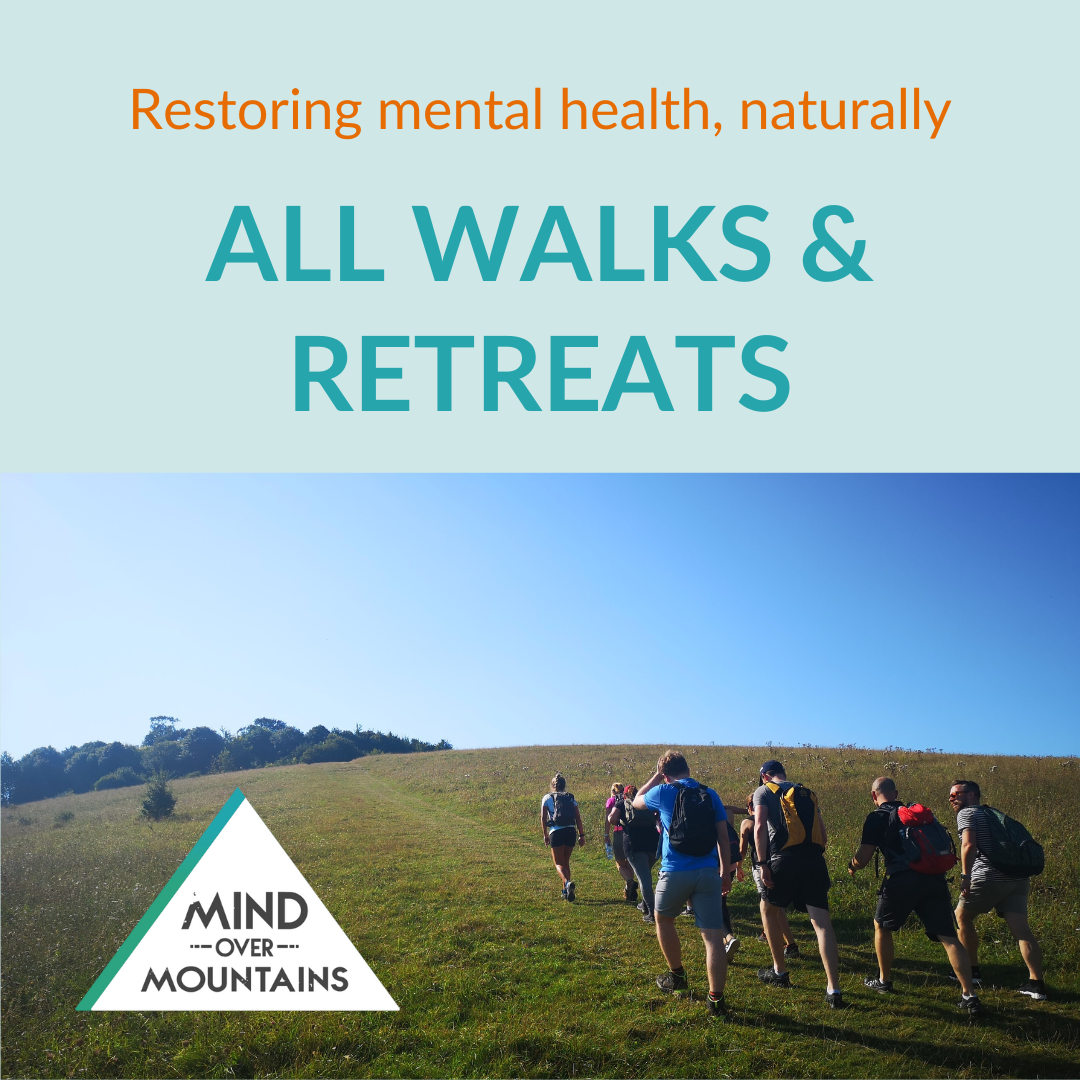
It takes time, patience and effort to build up your self esteem. And just like your mental health, your self esteem is dynamic, requiring continual support to keep it healthy. Take intentional steps to care for your body and mind, and embrace the journey as much as you can.
Self esteem forms the basis of how we view ourselves and impacts how we move through the world, influencing our thoughts, relationships and overall happiness. But what exactly is self esteem, and why is it important to restore and sustain it? Read on to find out more, and discover self-care tips that help to not only boost self esteem, but a stronger mindset too.
What is self esteem?
Put simply, self esteem refers to the way you think about yourself - your sense of worth, your self-confidence and how you view yourself, both physically and emotionally. It’s how you perceive yourself as a person, an internal assessment of your abilities, your appearance and your value as a person.
And since most of us can be our own worst critics, there’s a really good chance you’ve experienced low self esteem at times too. That’s because self esteem isn’t static. It changes based on what’s happening in your life, and can be impacted by your current mental and physical health. Self esteem can also be influenced by others too.
Low self esteem can leave us feeling inferior, or lacking in confidence. We might struggle with self doubt, feelings of insecurity and negative self-talk. Sound familiar? You’re not alone.
What causes low self esteem?
We’re all unique, with varying levels of resilience but there are some common causes of low self esteem:
Early life experiences. Childhood experiences of criticism, bullying or unachievable expectations from others can lead to low self esteem, and feeling of being unworthy or inferior.
Trauma and life challenges. Many situations can lead to low self esteem if they are those which make us feel powerless or worthless - such as loss, abuse, relationship issues or financial worries.
Comparing yourself to others. We’ve all done it - looked up to another person, perceiving their life as somehow better, or more happier, in comparison to our own. This can lead to feelings of inadequacy, which impacts our self esteem.
Mental health conditions. Common conditions such as depression, anxiety and low mood can lead to negative thought patterns, self-criticism and low energy - all of which can exacerbate feeling of worthlessness, leading to low self esteem.
Putting too much pressure on ourselves. We strive to be better, do better, live better… but if we don’t set realistic goals, we can end up working towards unrealistic standards. Perfectionism can lead to self perceived failure, which can be harmful to self esteem.
How to boost self esteem
Working on improving and sustaining your self esteem is a journey, and one that might take a lot of effort. But there are things that you can do to boost your self esteem and build on your own sense of self worth.
Challenge negative thoughts
Are you even aware when you’re being self-critical? Are you able to stop, and challenge that way of thinking? Are these thoughts valid? Are they based on facts or feelings? Can you replace every negative thought with a positive thought instead?
Re-framing your thoughts is a really powerful way to change your mind-set and can certainly help to boost self esteem.
Set realistic goals
There’s absolutely nothing wrong with having dreams and ambitions, but setting unobtainable goals isn’t the way to realise them. Smaller, more achievable steps will help you reach your goals faster, and give you a real sense of accomplishment too.
Setting realistic goals helps to build confidence, giving you something to feel proud of - and boosting your self esteem in the process.
Celebrate the small wins
Every step towards your goal, no matter how small, matters. So acknowledge those steps you’ve taken, celebrate the smallest of achievements and congratulate yourself on the efforts you make every single day. You are progressing, even if slowly. You are capable of success.
Practise gratitude
Start by committing to just writing a simple list of things you’re grateful for each day. Try to find at least three things, and try to make them different each time. This can be difficult at first, but stick with it, as you might find that as your list grows it becomes easier to focus on the things that make you happy. And by focusing on those things, it’s a lot easier to build a more positive mindset, reducing time spent on the negative.
Build meaningful connections with others
Surrounding yourself with others who reinforce positive thoughts, and who provide support to you is a wonderful way to boost your self esteem. It’s not always easy, but reducing time spent in the company of those who do not remind you of your strengths and value can be hugely beneficial.
Self care tips to sustain your self esteem
Knowing how to take care of your own physical and emotional health is vital when it comes to sustaining good self esteem. Self care is NOT selfish. It is essential. Here are some self care tips to help.
Exercise
Moving your body, even just a short walk, is essential for your physical and emotional wellbeing. Exercise release endorphins, the body’s natural ‘feel good’ hormones, helping to combat stress and anxiety and working wonders for your self esteem.
Mindfulness
When was the last time you really took notice of your surroundings, engaging the senses and staying present and mindful in the moment? Try it now. Take some deep breaths, and slow the mind for a moment. This is a great way to nurture self-compassion and to embrace your thoughts without judgement.
Get outside in nature
The power of the great outdoors should never be underestimated. Just 15 minutes spent in a green space is enough for you to re-set, re-focus and re-connect with others, and with the world around you. Being in nature is known to lower stress levels, reduce stress and boost low mood.
How Mind Over Mountains can help you sustain your self esteem
It takes time, patience and effort to build up your self esteem. And just like your mental health, your self esteem is dynamic, requiring continual support to keep it healthy. Be compassionate with yourself. Take intentional steps to care for your body and mind, and embrace the journey as much as you can.
Mind Over Mountains events encompass all three of our self care tips, combining walking outdoors in nature with mindfulness, supported by our expert wellbeing team - so what are you waiting for? If your self esteem needs some work, book on to one of our events and let us support you on your journey towards recovery.












